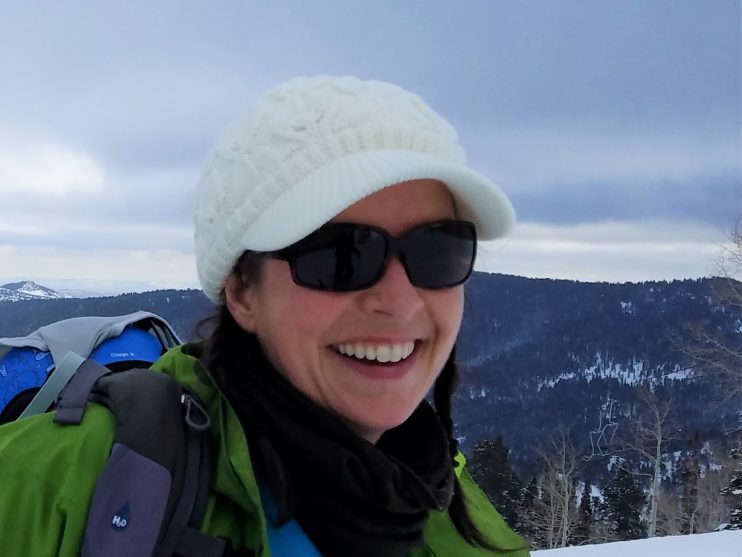Increasing the understanding of dust's role in the changing Critical Zone
Kevin Perry
“Using In-Situ Measurements of Wind Erosion Parameters to Improve Modeled Dust Emissions in the Intermountain West”
Lead Principal Investigator Jeff Munroe is based at Middlebury College. In the video below Munroe provides a great overview of the work of the Dust^2 Cluster.
Given the significance of dust in the mountain critical zone, the reality that human activities are impacting the landscapes from which dust is emitted, and the likelihood that the global dust system will react to ongoing climate change, it is imperative to better understand the factors that control the emission of dust from arid landscapes, the transport and modification of this dust in the atmosphere, and the multitudinous effects that deposition of dust has on the geoecological functioning of mountain ecosystems.
DUST^2, the Dust across a Desert-Urban-Summit Transect project, is taking on this challenge using a network of carefully selected study sites extending from the Great Basin deserts of the southwestern US into the Rocky Mountains in northern Utah. This source-to-sink investigation of the dust system in this region will evaluate the hypothesis that “Human modifications to the natural dust cycle are driving emergent responses in Critical Zone processes, including soil erosion through eolian deflation, alterations in nutrient cycling and soil formation in response to chemical weathering, shifting hydrologic regimes as a result of snow albedo changes, and overall changes in geoecological functioning of dust-impacted ecosystems.”
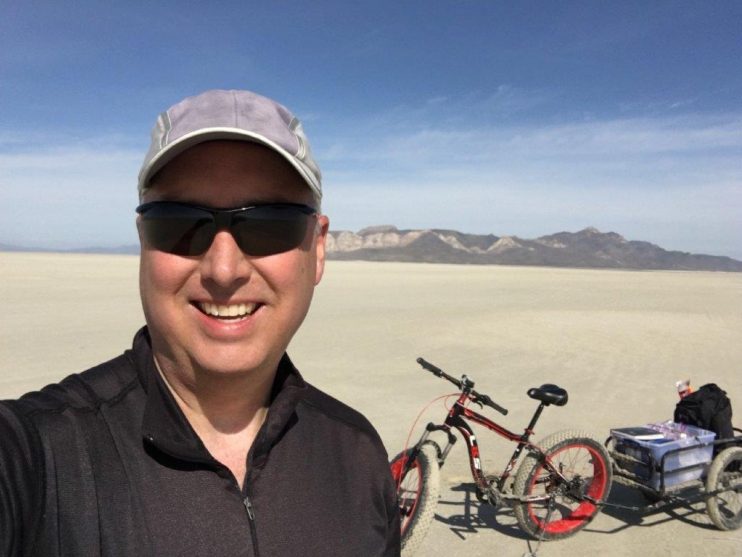
“Using In-Situ Measurements of Wind Erosion Parameters to Improve Modeled Dust Emissions in the Intermountain West”
“Identification of Dust Transport Pathways using In-Situ Particulate Matter Monitoring and Multi-Method Dust Modeling”
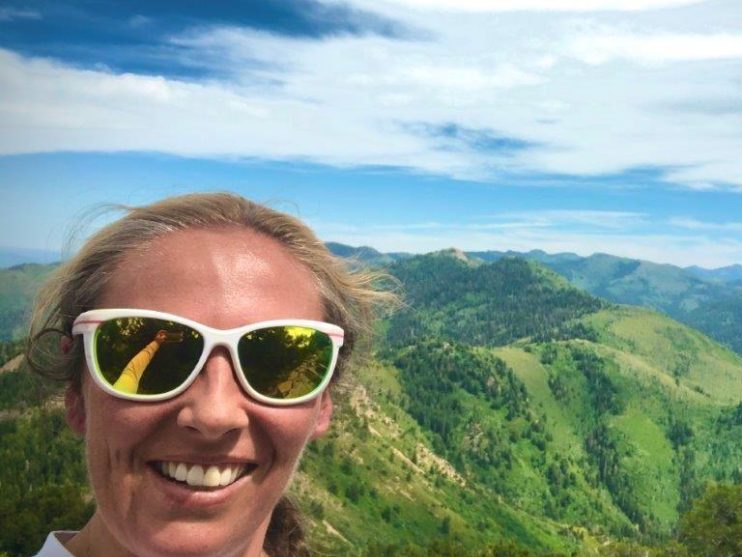
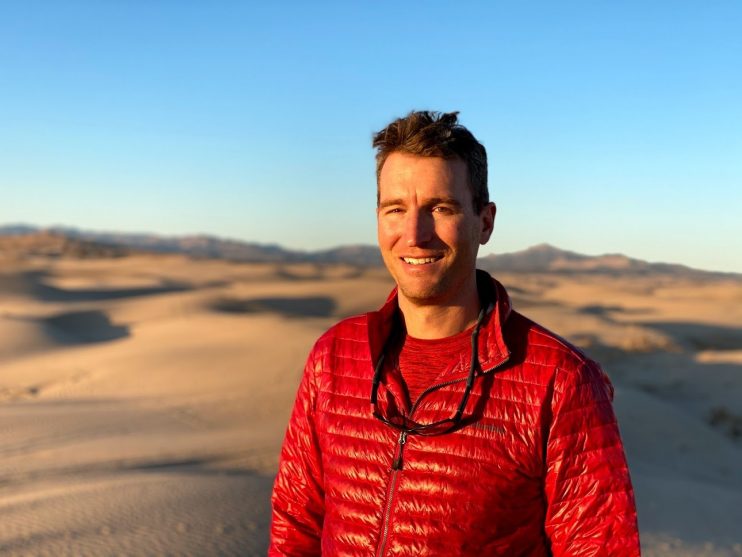
“Tracing dust from emission sources to deposition and transport through watersheds”
“Dust on Snow Deposition: Dynamics, radiative forcing, and accelerated melt”
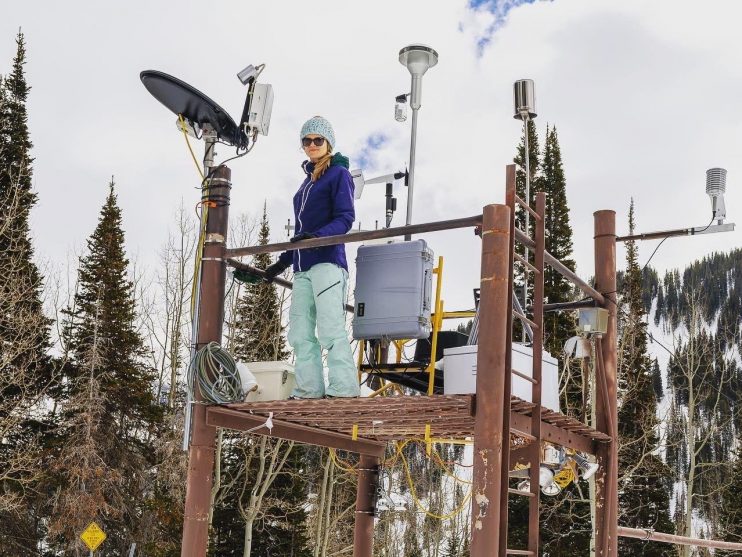
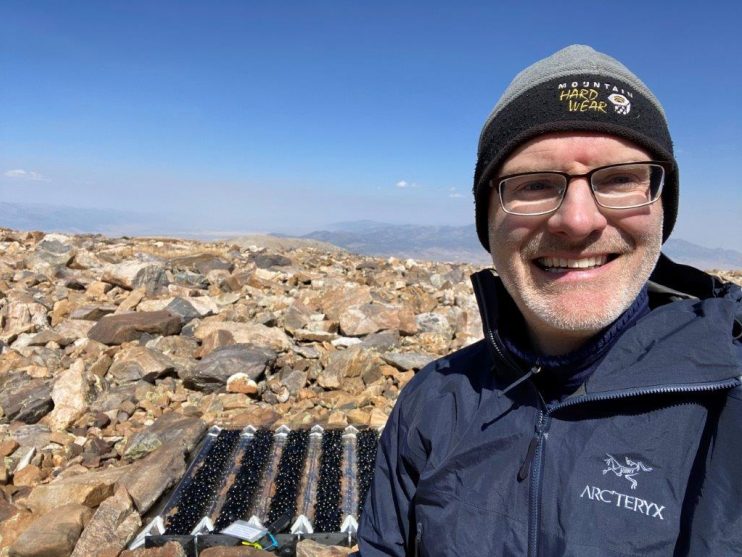
“Spatial, Temporal, and Geochemical Variability of Modern Dust and Impacts of Long-Term Dust Deposition on Pedogenesis”
“Determining the mobility, fate and ecological consequence of dust deposition to high elevation systems”
